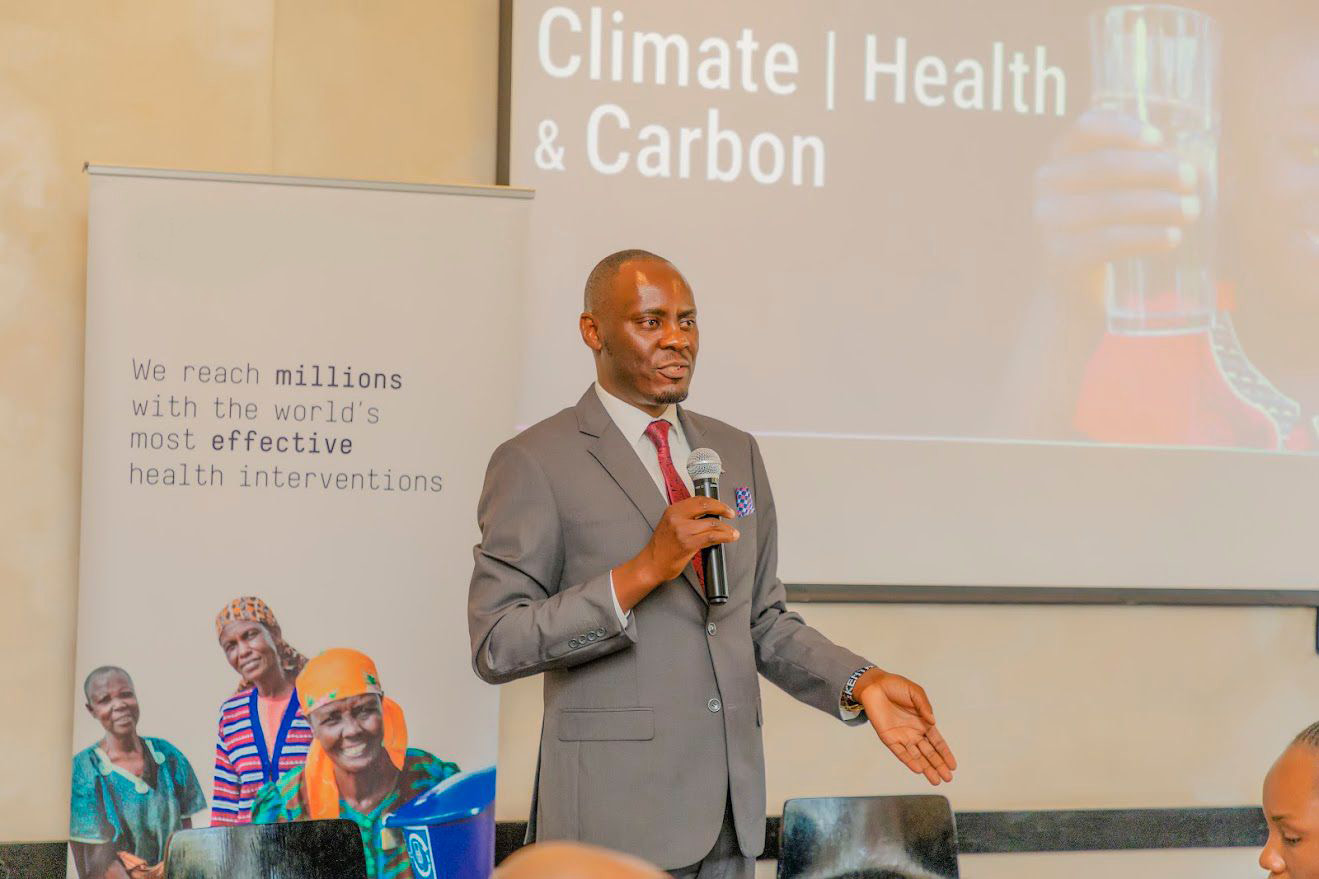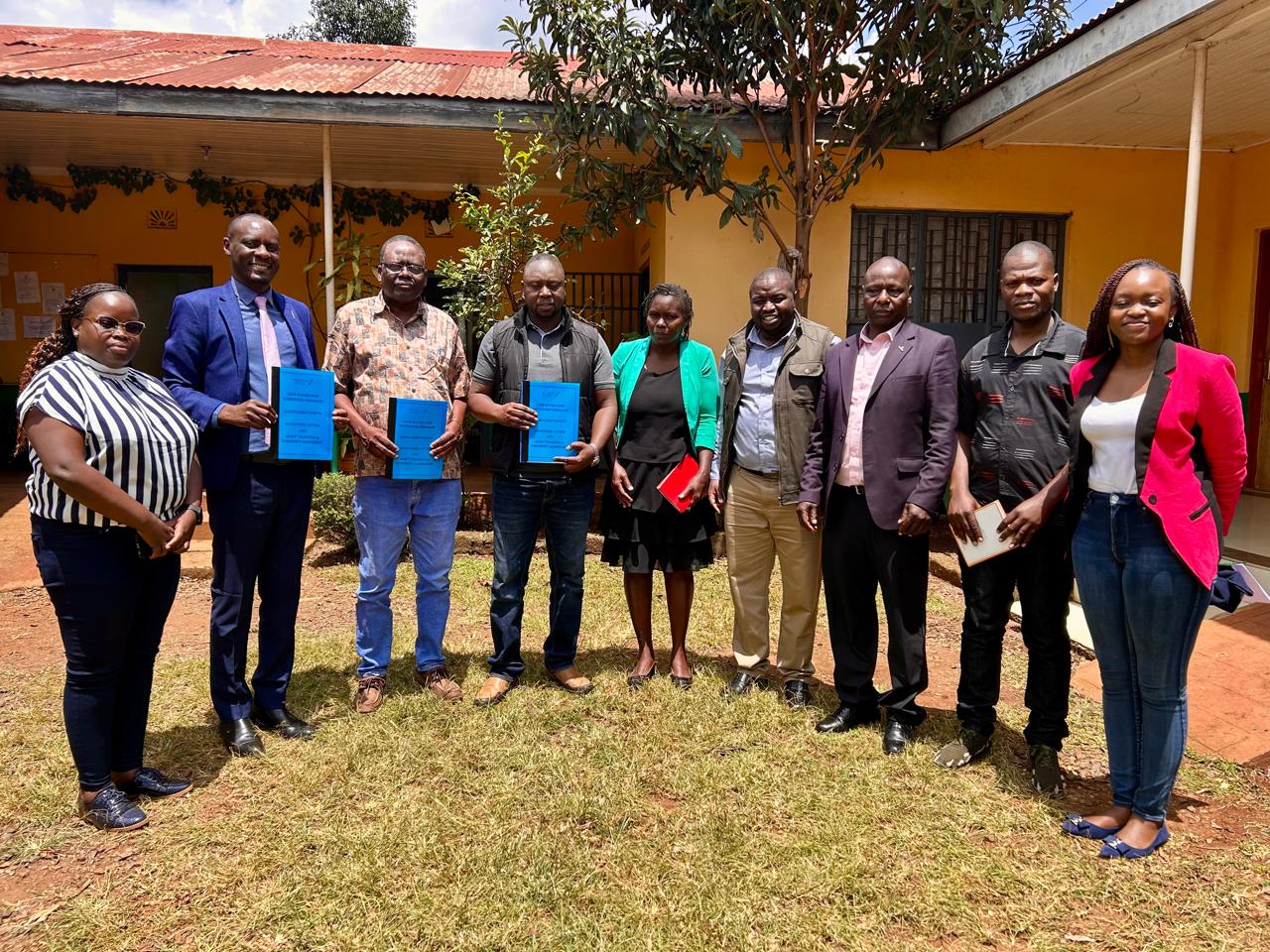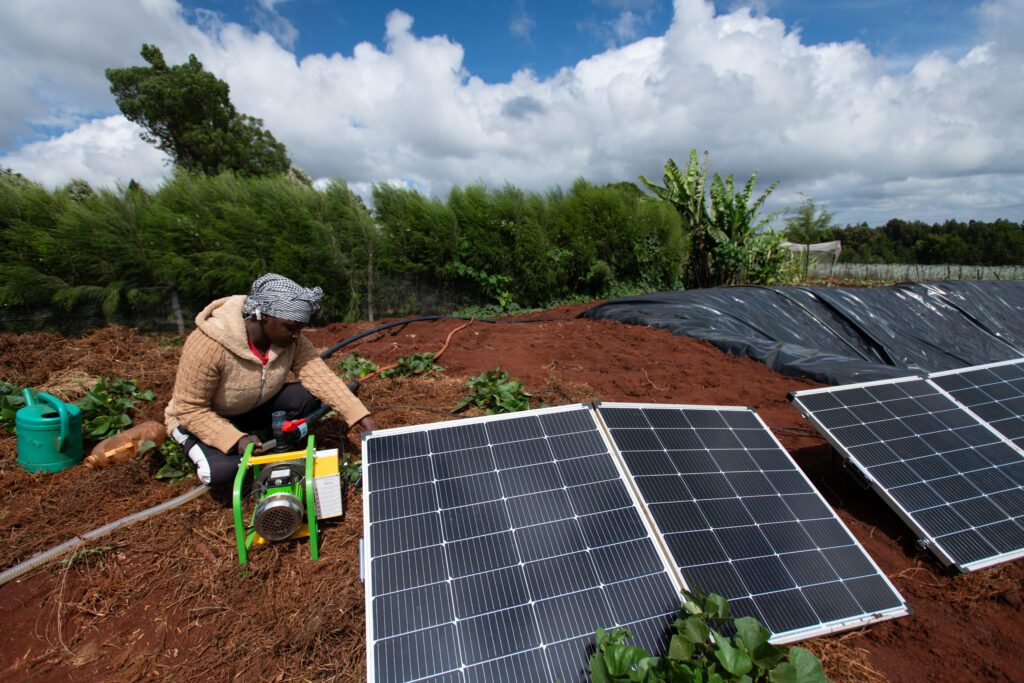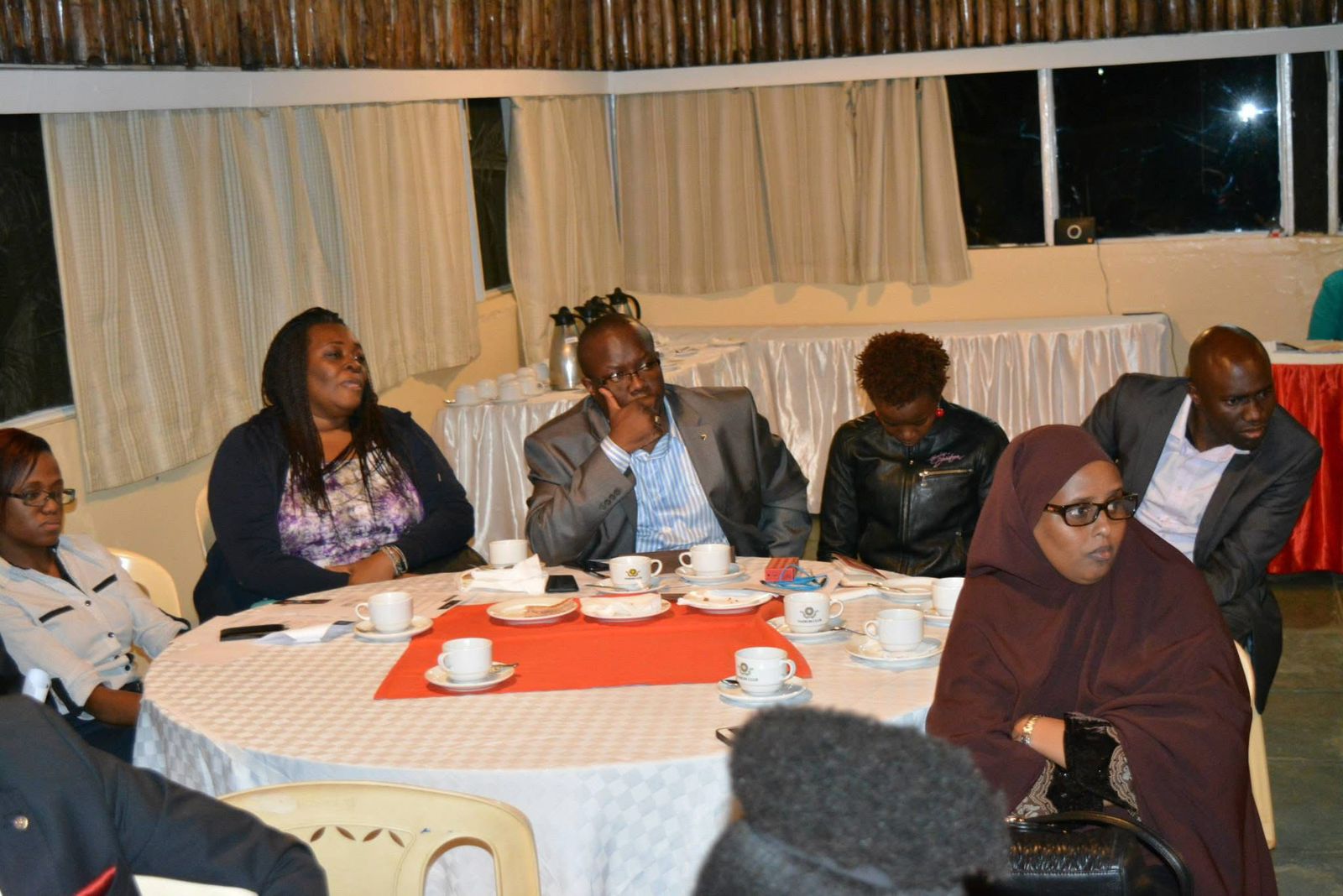Our Solutions
The Green Teams initiative has been involved in a myriad of activities to equip communities with knowledge and skills to address climate change in Kenya, Uganda, Rwanda and Senegal

Many of these are struggling with distribution and sales. The opportunity is to merge the three agendas above in the vision of green teams: engage potentially destructive youthful energy for community building and the greater good.
A core challenge is creating the strong social organizations that can reach out widely and be credit worthy. Youth groups, now connected in very large numbers through new technologies, social networking tools, mobile telephony etc, constitute a powerful labor force.
The Green Team is an effective campaign necessary to catch the global wave as an effective social impact business model that will complement global challenges such as climate mitigation.
The Green Teams is committed to overcome the problem of organizing people into a productive force that will build a positive society and create economic income of the unemployed populations
The Green Teams initiative has been involved in a myriad of activities to equip communities with knowledge and skills to address climate change in Kenya, Uganda, Rwanda and Senegal. Some of the activities include:

At the Green Teams Initiative, the focus is to build, coordinate and support social organizations that can address their financial, social and ecological pressures. To do so, GTI focus is in three areas: Research, Policy Engagement, Business Development, and Community Engagement.
We identify innovative and appropriate practices to build sustainable and cost effective models to curb the effects of climate change and at the same time address sustainable development goals.
The Practices range from Policy interventions, Enterprises to community social projects. The Green Team build’s capacity of groups and individuals to work on policy, programs and practices for green social entrepreneurship in addressing the climate change crisis.
1. Research on sustainable interventions
Gathering available data and evidence on the sustainability and ecological challenges faced by communities. Our research work includes working with key actors within communities to scale available practical evidence in combatting climate change and utilizing the research for wider public knowledge., green enterprise opportunities, scalable green enterprise models, among others. Asset mapping on green jobs in Kilifi, Mombasa, Busia, and Laikipia Counties of Kenya in 2015.
2. Policy Engagement
Review of existing policies for appropriateness and/or implementation progress, as well as influence new policies that support green/eco-solutions and practices within communities. Climate Change Policy analysis of 5 Counties in Kenya and the St. Louis City in Senegal.
3. Business Development Services
Working with social organizations to offer technical and/or financial support for enterprise development using various models and approaches including incubation, training or links to strategic partners.
4. Community Engagement
Building strong social organizations through capacity building and training efforts.

The Green Teams Initiative has come of age to turn around the traditional approaches of addressing climate change at community level.
The Greening Climate actions are solutions by the Green Teams Initiative that are designed to transform the living conditions of community members into environmentally friendly systems and promote sustainable livelihoods through social impact and at the same time addressing the climate change challenges.
The Greening Climate actions Programme is focusing on

Stoc In 2016, the Green Teams Initiative in collaboration with the Swedish Institute in Stockholm and the Swedish Embassy in Kenya, co-created the 7 day Smart Living Challenge in which about 10 Kenyans and 10 Swedes participated in the 7 day Smart Living Challenge.
This was an open innovation designed to inspire sustainable lifestyles in urban environments. The Participants committed to Live, Eat and Move sustainably for seven days in their respective daily lives.
The purpose of the challenge was to raise awareness of what small changes we can all make in our daily lives to contribute to a more sustainable movement, consumption and lifestyle. The 10 Kenyan participants were chosen based on their large social networks and sphere of influence.
They engaged on social media through blogs, tweets, WhatsApp messaging about their choices and lifestyle changes. The 7 day challenge fulfilled the purpose of spreading knowledge to a wider group beyond the participants. All the participants were convinced to adopt various components of new lifestyle to a large extend as a value addition and saved time and money. See the Smart Living Challenge 2016 4 Min Film.
In 2017 and 2018 are expanding the sustainability challenge by extending number of days and increase the number and diversity of participants.
